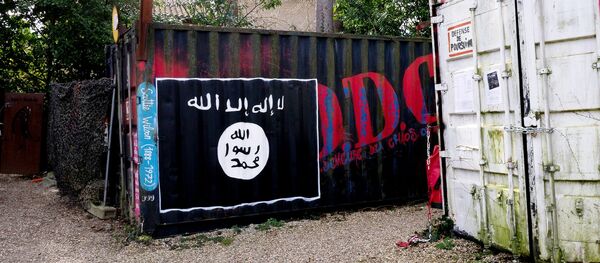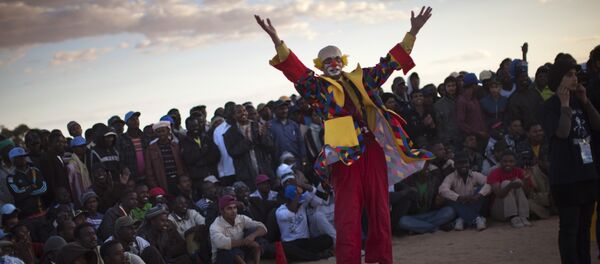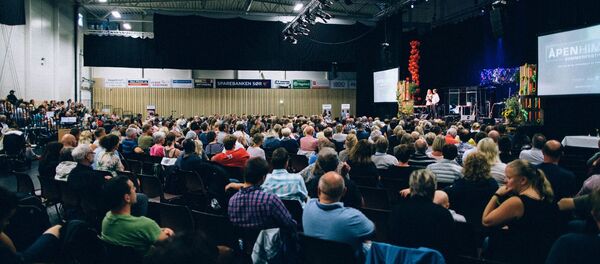Over the past weekend, 16 people were taken into custody after a police raid against a family camp for paperless refugees in the province of Skåne. The camp was organized by the Church of Sweden. According to church officials, who strongly condemned this encroachment upon their jurisdiction, about ten police cars, around 30 policemen and K-9 units gathered at the scene.
"Both the staff and the families were completely shaken, of course. To encounter some 30 policemen when you think you're in a safe place is a shocking experience," Vicar Håkan Wilhelmsson told Swedish national broadcaster SVT.
The Church of Sweden stated that the staff had not been forewarned about the operation and claimed it was being used as bait, instead of being respected as a place of safety.
"They use the church as a lure to get some 20 people at once. This just doesn't make sense from an ethical point of view," Håkan Wilhelmsson said.
The Swedish police have defended their actions against undocumented migrants and refugees, by saying that there was no such thing as protected zones according to Swedish law. Police spokesperson Ewa-Gun Westford dismissed the criticism, pointing out that a number of people identified during the raid were in fact scheduled for deportation.
"There are no protected zones according to Swedish law, apart from embassies," Ewa-Gun Westford told Swedish Radio, stressing that the police operation did not take place at a church, but at a youth hostel.
Previously, the Church of Sweden was reported as helping thousands of migrants residing in the country illegally after having their asylum applications rejected.
Malmö, Linköping and Gothenburg are three examples of cities where undocumented migrants are known for coming to the church for assistance, such as food handouts and medicine. According to Linköping deacon Anna Ramén, laws and regulations sometimes stifle people. The fact that people lose their human dignity is not compatible with the Christian faith, she argued.
This past Christmas, the Church of Sweden launched a petition advocating for a more humane asylum policy, which in real life could mean a return to the peak figures of 2015, when Sweden took in thousands of asylum seekers on a daily basis.
Risikko also called for decisive measures to ensure that the almost 11,000 refugees who had their asylum applications rejected leave the country as soon as possible. According to Risikko, her ministry was even pondering the introduction of criminal responsibility for harboring illegal migrants, Yle reported.
Meanwhile, a group of asylum seekers rejected in Finland was allegedly planning to instead seek asylum in Sweden in a joint action, Swedish Radio reported. According to asylum seeker spokesperson Nuor Dawood, the action, which is seen as a way of showing dissatisfaction with the asylum policy, could potentially gather hundreds, perhaps even thousands of people, mostly Iraqis, Somalis and Afghans. The "asylum march" is expected to take place in early September.





